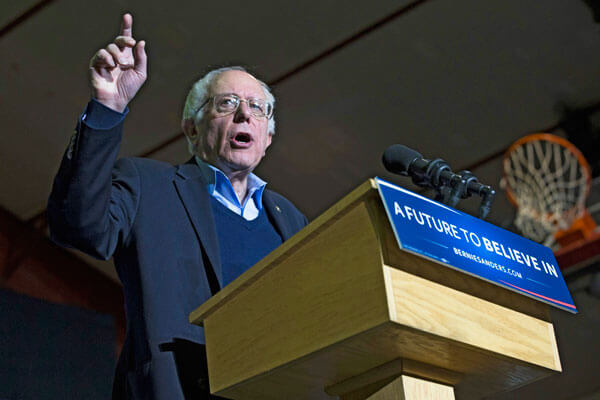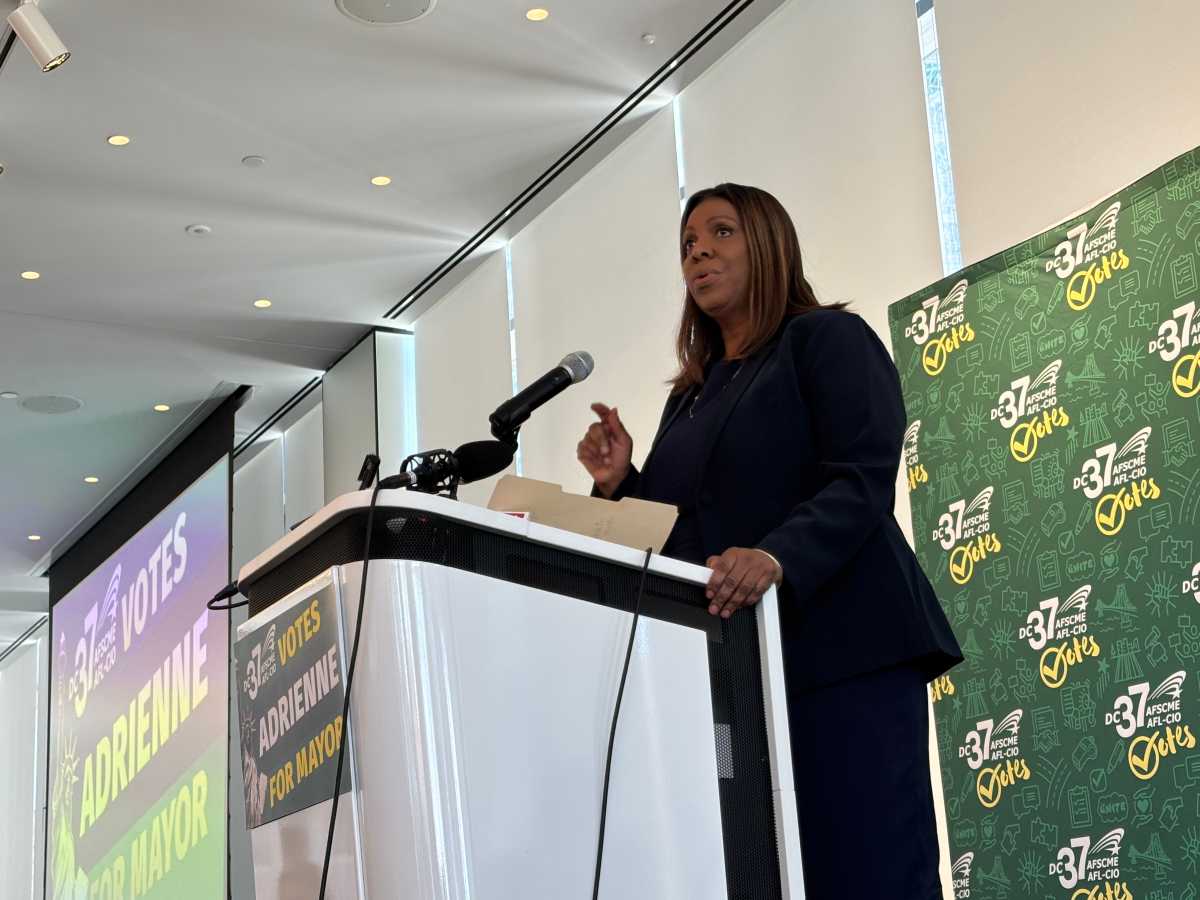As this 2016 campaign has unfolded, it has become clear, on the Democratic side, that one of the main support blocs for Bernie Sanders is young people, prominently including the college student community. The appeal within that sector of a candidate advocating free tuition at public colleges and universities and practically declaring war on Wall Street, is understandable, the latter issue evoking the Occupy Wall Street movement that was amply fueled by pushback from that very demographic. While the energy may be commendable, though, in young folks’ giddy adoration of Sanders, what looks to be unsettlingly absent is pragmatism.
One of the frequent Sanders go-to references on the campaign trail is his mention of the “revolution” he would lead if elected. And that’s precisely where the lines between illusion and reality are seemingly blurred for those young converts to Sanders’ cause. Utopian as it may sound to impressionable ears, revolutionary change to key pillars of the system by which the country is governed requires a lot more than platform rhetoric. If tuned out and / or disconnected from today’s Washington, one may indulge the fantasy of radical change happening on one guy’s say-so. Familiarity with the quagmire that is the nation’s capital renders outlier aspirations like Sanders’ dead on arrival, today or pretty much anytime since the country’s founding principles were codified.
It thus begs the question: Are we asking too much of young people, that they think through the Sanders spiel, to a determination of what is and isn’t realistically doable? From where we sit, it is absolutely within reason that college students, especially, be expected to have at least a rudimentary sense of government process. Such understanding would make obvious the pie-in-the-sky reach of some of what Sanders says he aims to deliver. And, never mind Republicans, even in a Democratic controlled Congress a President Sanders would find Democrats unwilling to toe the line with aspects of his “revolution” that are manifestly unsustainable.
Of course the current state of affairs in Washington — where obstinate Republicans, especially the renegade Tea Party flame throwers among them, oppose practically any domestic spending measures that “normal” people find reasonable — would make an instant non-starter of Sanders’ ambitions to have Washington dance to his new tune. So unless his plans for dramatic transformation include actionable means of sidelining Washington’s facilitators of gridlock, as well as other elements of the establishment (such as the Supreme Court’s conservative majority) which tend invariably to come down on the side of powerful interests rather than those less endowed, the Sanders call to arms doesn’t mean squat.
Sanders knows as well as anyone that in the climate of massive deficits into which the country slid following the Clinton administration’s surplus, the more or less certain fate of big-ticket items like the free-tuition proposal, for one, is confinement to presidential pipe dream status, probably never to even receive congressional consideration. Talk of going the tax-increase route only makes the prospects perhaps dimmer. There exists a Republican Party which is dead-set against raising taxes, even on those who can afford a tax hike. If Sanders is without a clue as to how such resistance gets removed from the equation, maybe he does implicitly believe his own rhetoric, but in truth, he’s taking those gullible young folk for a ride.
In its recent endorsement of Hillary Clinton for the Democratic nomination, the New York Times editorial board called her “one of the most broadly and deeply qualified presidential candidates in modern history.” It is effusive but, we believe, appropriate praise for a candidate whose credentials for the presidency put to shame those of both her rival for the Democratic nomination and, even more so, the entire lineup of jostling Republicans. We seriously doubt that Michael Bloomberg, confirming that he was considering a presidential run as an independent, had Clinton in mind when he reportedly said that what was being offered to the electorate this year was an insult.
Clinton has adroitly inserted as one of her campaign’s recurrent themes, that she is not about to promise more than she can deliver. It is the kind of straight-talk approach with voters that directly contrasts with Sanders’ promised field of dreams, or the vacuous prattle of one comic character on the GOP side about a wall to keep out Mexicans, the tab for which Mexico would pay. The Sanders prescription for systemic change may not be as ludicrous as what’s emanating from GOP wannabes, but it reaches to extremes that stretch feasibility. And this fad, or whatever it is, of young people climbing aboard the Sanders bandwagon clearly shows they’re not as conversant with the system as they think they are.
























